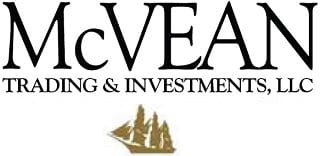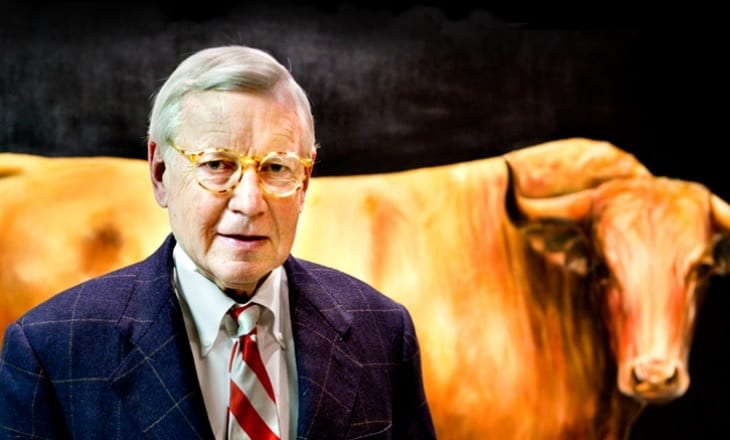The U.S. Commodity Futures Trading Commission (CFTC) today entered an Order filing and simultaneously settling charges against Respondents McVean Trading & Investments, LLC (MTI), a Memphis-based Futures Commission Merchant (FCM), its Chairman and CEO, Charles Dow McVean, Sr. (McVean, pictured above), and President, Michael J. Wharton (Wharton), and long-time MTI consultant Samuel C. Gilmore (Gilmore).

James McDonald, the CFTC’s Director of Enforcement, said:
For markets to have integrity, market participants must be able to trust that the markets operate free of manipulative or deceptive conduct. The Commission will always act to address those threats to the markets it regulates. That includes cases like this one, where market participants try to game the markets by injecting false information, which distorts the view of that market seen by other participants.
The Order requires McVean to pay a civil monetary penalty of $2,000,000, MTI to pay a civil monetary penalty of $1,500,000, Wharton to pay a civil monetary penalty of $1,000,000, and Gilmore, who was charged as an aider and abettor of McVean’s position limits violations, to pay a civil monetary penalty of $500,000.
The Order specifically finds that McVean in December 2012, and McVean and Wharton in February 2013, accumulated long live cattle futures positions in MTI customer and house accounts they controlled that were at or near the spot month position limits imposed by the Chicago Mercantile Exchange, Inc. (CME). McVean and Wharton secretly increased these positions beyond spot month position limits by directing and paying four cattle feedyards to buy and hold hundreds of additional live cattle futures contracts in the feedyards’ accounts pursuant to “Swap Agreements” that, in reality, served only as the mechanism by which MTI paid the feedyards $100 per contract and margin costs for putting on long futures positions controlled by McVean and Wharton, according to the Order.
By engaging in such conduct, the Order finds that McVean and Wharton intentionally or recklessly used or employed a manipulative or deceptive device by injecting false information into the marketplace that portrayed a false appearance of wide investor interest. The Order further finds that McVean and Wharton have been trading live cattle futures for decades and concealed their conduct from the live cattle market and the Commission; therefore, the Order concludes that McVean and Wharton intentionally or recklessly used a manipulative or deceptive device that had the potential to affect or influence the live cattle market. The Order accordingly finds that McVean and Wharton violated the Commodity Exchange Act’s prohibition against the use of a manipulative or deceptive device, and it finds that MTI is liable for those violations as McVean’s and Wharton’s principal.
The Order also finds that McVean and Wharton unlawfully exceeded CME spot month position limits for live cattle futures contracts, that MTI is liable for these violations as McVean’s and Wharton’s principal, and that Gilmore aided and abetted McVean’s position limit violations. Finally, the Order finds that McVean and Wharton filed inaccurate CFTC Form 40s (Statement of Reporter Trader) that failed to disclose their control over futures trading in cattle feedyard accounts.
